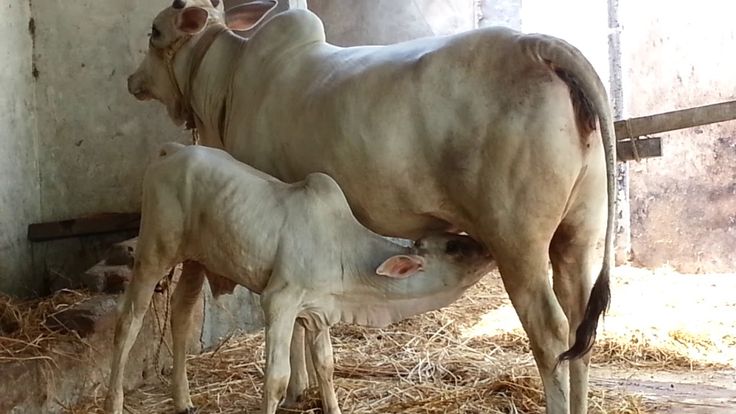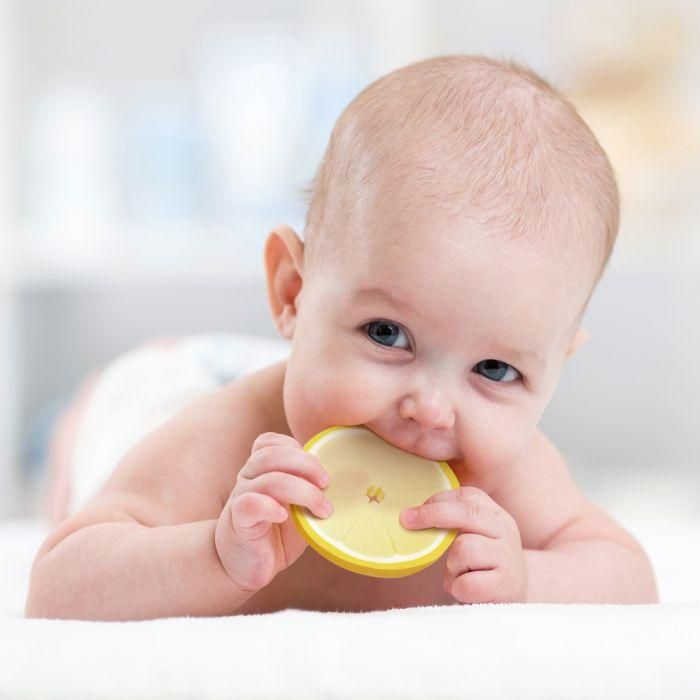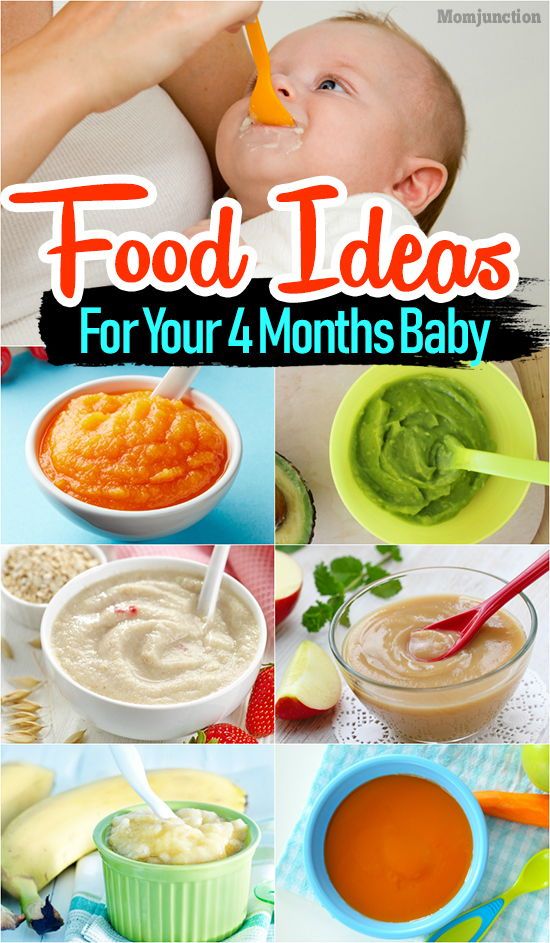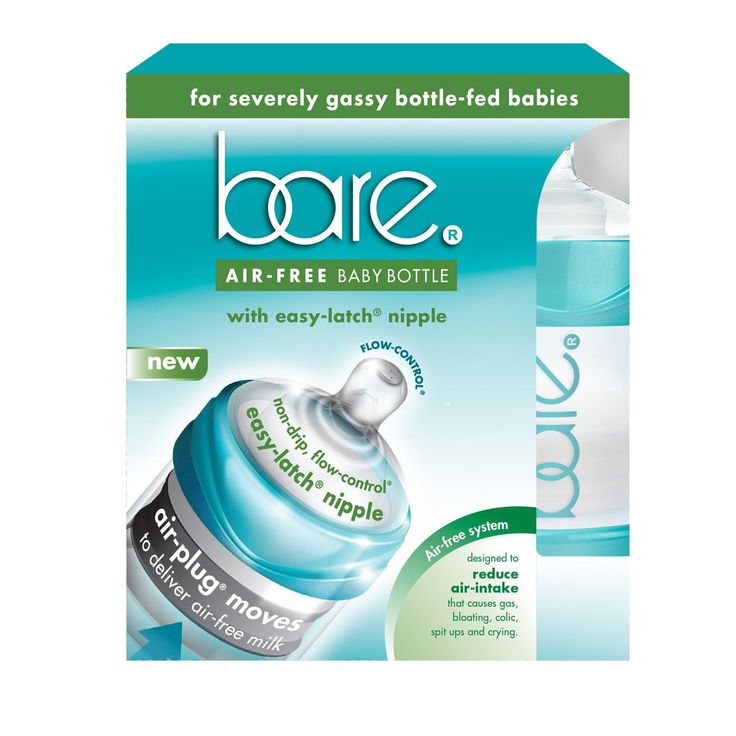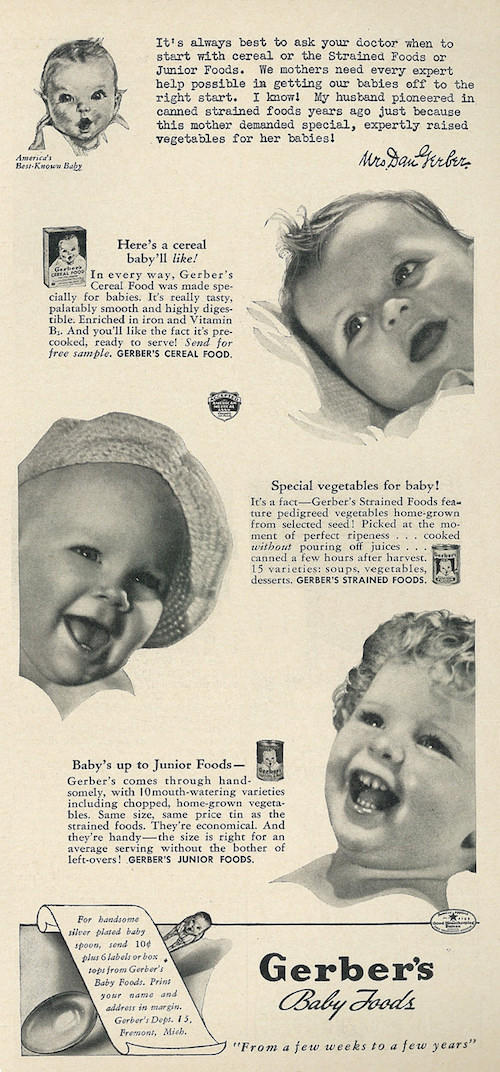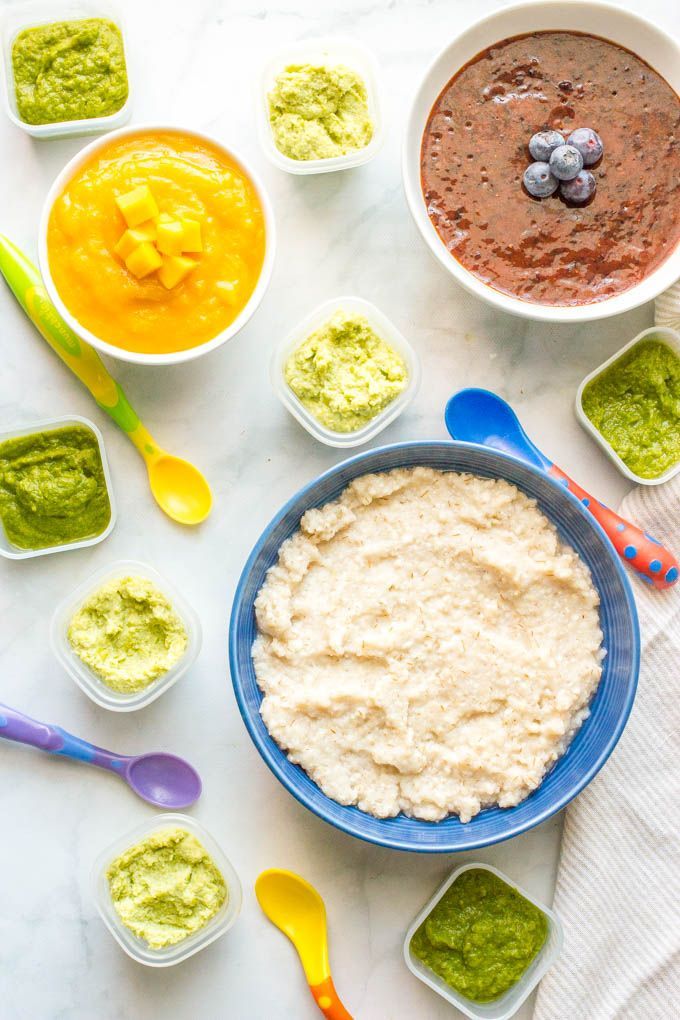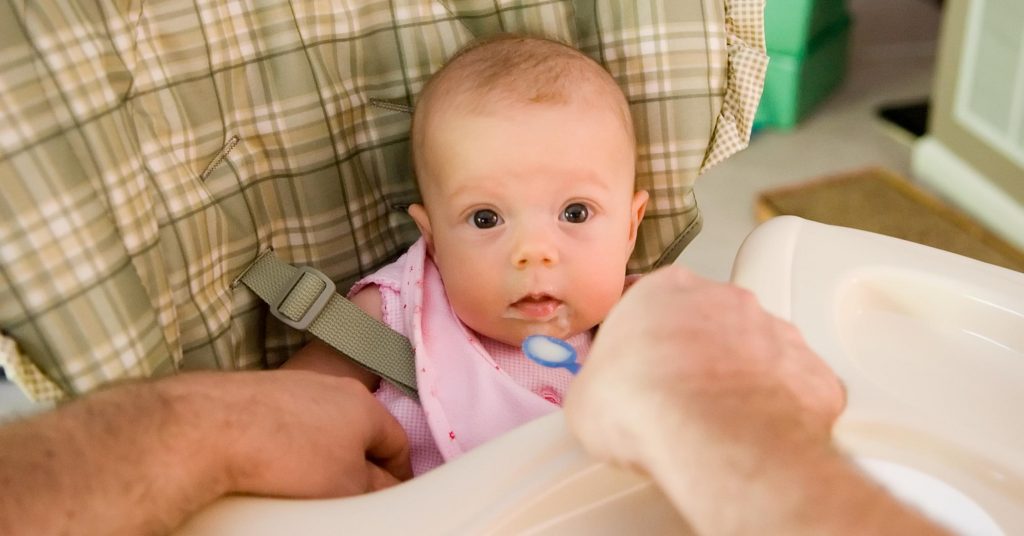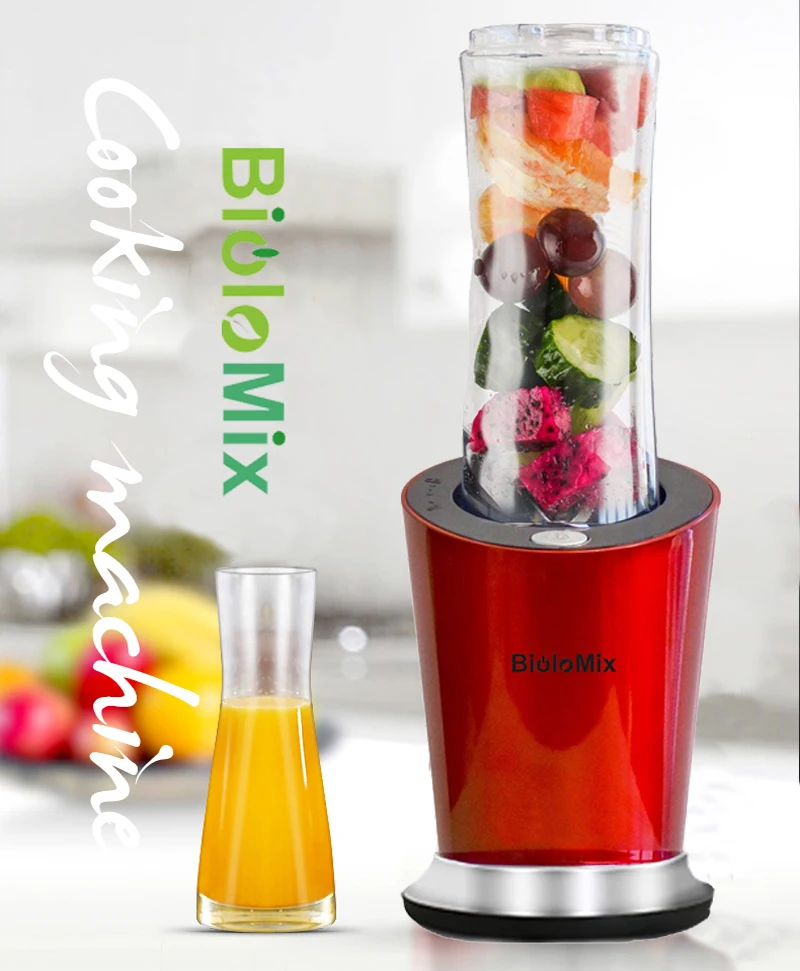Can you feed a baby rabbit cow milk
Can Baby Rabbits Drink Cow Milk? — Rabbit Care Tips
Baby rabbits rely upon milk to survive, even though they feed less frequently than other small animals. If a rabbit’s mother is unavailable to feed her young, a nutritious replacement will be required. Rabbits move onto solid food relatively quickly, but will not survive without milk.
Cow milk is full of hormones, lactose, blood, pus, and traces of medication. Rabbits have sensitive stomachs and are unable to vomit. Your pet cannot purge her stomach if she consumes something toxic.
In an emergency, you could offer your rabbit pure goat milk. This will be easier for a baby lagomorph to digest than cow milk. But baby rabbits should always be fed a specific formula. Here’s some further advice on what to feed a baby rabbit.
Do Baby Rabbits Need Milk?
Like all mammals, baby rabbits depend upon milk from their mother to survive. Rabbits differ from many other animals, though. A mother rabbit does not feed her babies constantly. She only does so once a day, for around five minutes.
By the time she reaches two weeks, your rabbit starts to eat solids. She will eat the same food as her mother by the age of four weeks. Despite this, she still needs milk up to the age of six weeks. This provides additional nourishment.
Rabbit milk is unique among animals. It contains considerably more calories than most types of animal milk. This is because baby rabbits eat less frequently.
Not all baby rabbits have access to their mother’s milk. This could apply to both wild and domestic rabbits. A nest of wild rabbits may find themselves orphaned. Baby rabbits also wander away from a nest and get lost.
It’s also possible that a baby rabbit in captivity is separated from her mother. This should not happen until the rabbit is eight weeks old. Occasionally, it is unavoidable, though. The mother rabbit may reject her young or die.
In such an instance, the baby rabbit will still require milk.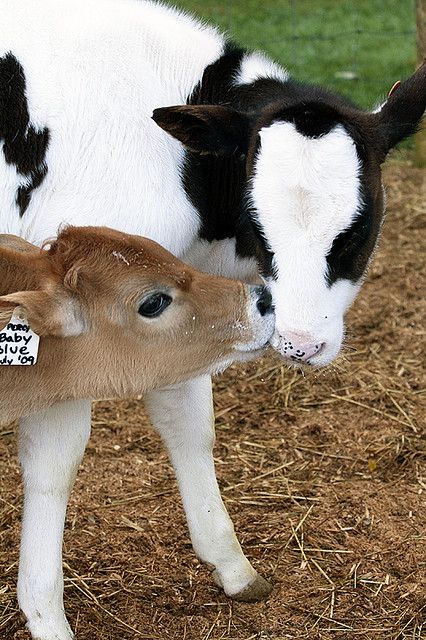 The burden of care falls upon you. Rabbits have particular needs, so you cannot rely on cow milk.
The burden of care falls upon you. Rabbits have particular needs, so you cannot rely on cow milk.
Can Baby Rabbits Drink Cow Milk?
Cow milk is not suitable for baby rabbits. In fact, cow milk may kill a rabbit. World Rabbit Science claims that the mortality rate of baby rabbits averages as high as 20%. Feeding cow milk is a needless risk. The ingredients pose a range of health risks. These include:
- Antibiotics. Many cows are riddled with disease and infection. These issues are treated with medication. These treatments make their way into the milk you are feeding a rabbit.
- Pus. Cow milk contains pus that seeps from infected udders. This pus carries the risk of bacterial infection.
- Blood. Milking a cow is not a pain-free experience. The cow is likely to bleed during the process. Traces of this blood will make its way into the bottled milk.
- Fat and Protein.
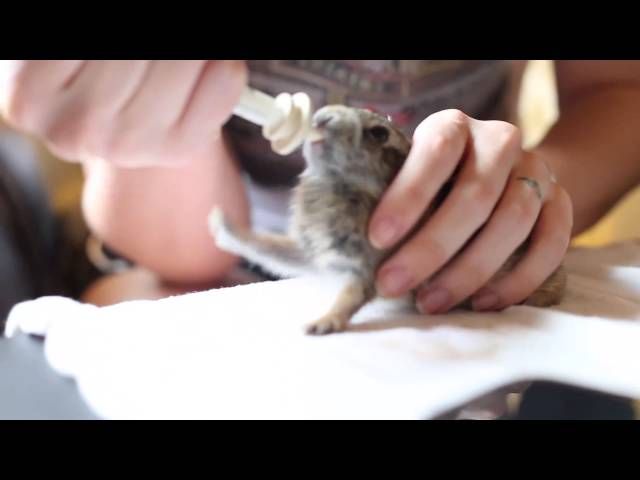 Cow milk is high in both of these food groups. Too high for most rabbits, who only need small quantities. Excess fat and protein cause diarrhea in rabbits.
Cow milk is high in both of these food groups. Too high for most rabbits, who only need small quantities. Excess fat and protein cause diarrhea in rabbits. - Hormones. Cows are injected with hormones. Some of these are designed to calm the cow down, as farm life can be stressful. Others increase milk production. None are rabbit-friendly.
Rabbits cannot cope with most of these additional ingredients. They will likely leave the rabbit feeling unwell. Unfortunately, rabbits are not capable of vomiting. This means your pet cannot purge her stomach of toxic cow milk. To be on the safe side, never feed a baby rabbit cow milk.
Can Baby Rabbits Drink Goat Milk?
Rabbits find goat milk easier to tolerate. This does not mean that it can necessarily be considered rabbit-safe, though. It should be used as part of a formula.
The main difference between cow and goat milk is the sugar and lactose content. Goat milk is considerably lighter in both of these things.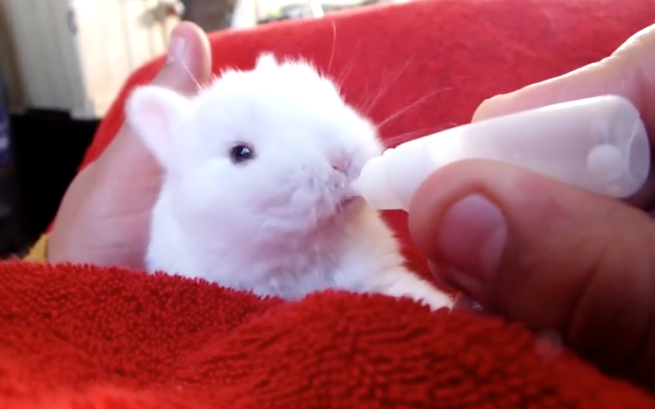 This means it’s less likely to trigger an adverse reaction.
This means it’s less likely to trigger an adverse reaction.
Goat milk contains less protein and fat than cow milk. Goats are also treated with fewer hormones. This makes goat milk a little gentler on a rabbit’s digestive system.
Goat milk is fine as an emergency measure when feeding baby rabbits. Wild rabbits are more likely to cope with it. Wherever possible, feed her a specialist product that’s intended for rabbits.
So What Milk Can Rabbits Drink?
Baby rabbits should drink a special formula. This is known as Kitten Milk Replacer. It is possible to nourish a baby rabbit with this substance. While the cat food aisle of a pet store will stock kitten milk. This is NOT suitable for rabbits, and must never be given to your pet.
Baby rabbits are referred to as kittens, just like baby cats. This is where the similarities end, though. The needs of a young cat are different to that of a rabbit.
Caring for an Orphaned Baby Rabbit
If you live in a rural area, you may come across a nest of baby rabbits.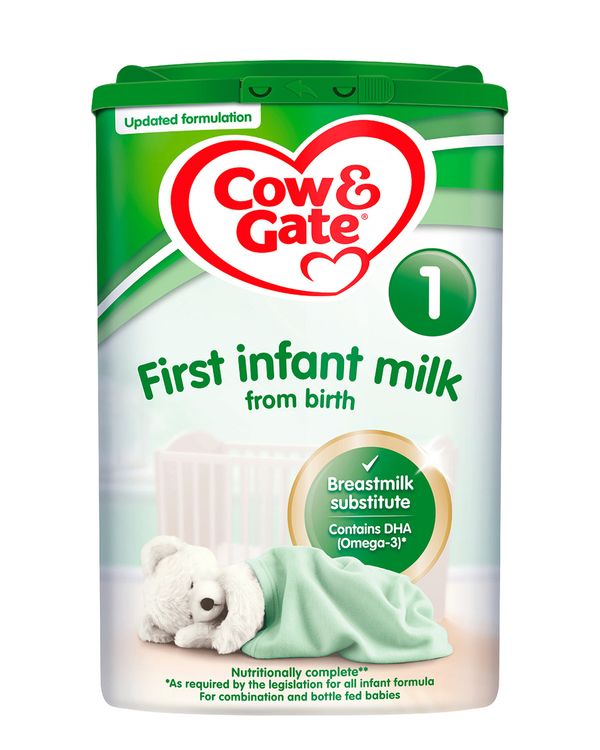 You may even find a nest on your property. Rabbit mothers often build nests in hedges, where she feels her young will be safe.
You may even find a nest on your property. Rabbit mothers often build nests in hedges, where she feels her young will be safe.
It’s common to find a nest of baby rabbits with no mother in sight. How are the babies supposed to survive alone? Rabbits are frail and delicate at the best of times. When they’re babies, this goes double. How could they possibly be left alone? They must be orphaned.
While this is an understandable assumption, it’s often inaccurate. A mother rabbit will leave her babies unattended for over 23 hours of every day. This is not because she is cold and uncaring. It’s actually to protect her young.
There are two things that you need to know. Rabbits are aware they are a prey species. Rabbit milk is rich and calorific. This means that baby rabbits need only feed once a day for around five minutes.
With these facts in mind, it makes sense that a mother leaves the nest. An adult rabbit stands a fighting chance of outrunning a predator.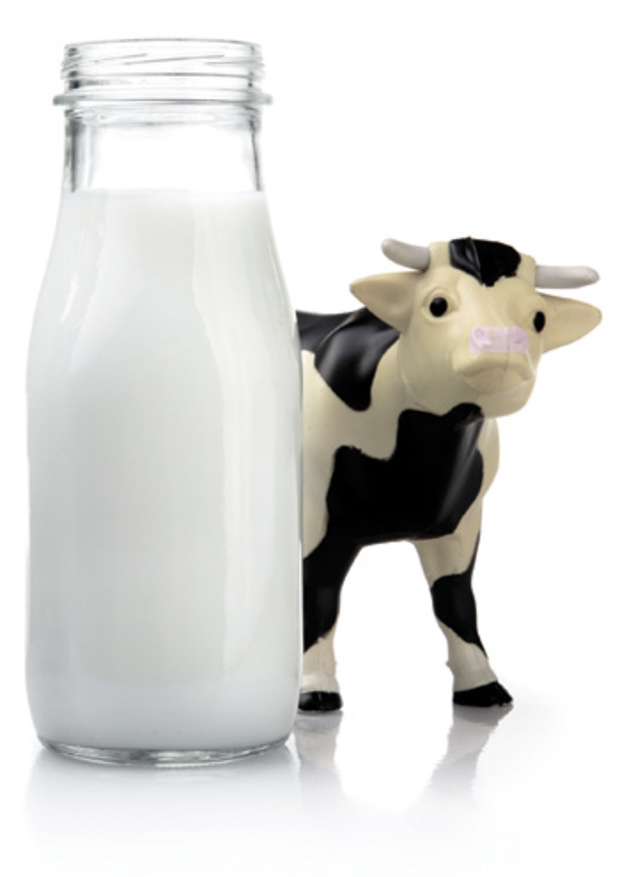 Baby rabbits have no such chance. The mother is attempting to keep predators away from her nest.
Baby rabbits have no such chance. The mother is attempting to keep predators away from her nest.
The mother rabbit will return to the nest for feeding once a day. The rest of the time, she leaves her babies in hiding. As a result, most ‘orphaned’ rabbits are nothing of the kind, despite appearances.
If you find a nest of baby rabbits, leave it be. Check the next day, though. If nothing has changed, the rabbits may be orphaned. At this stage, call a wildlife center. Wildlife Rehabber lists these by state. In the meantime, feed the rabbits.
What to Feed Baby Rabbits without a Mother
You’ll need to ensure that the baby rabbits do not have a mother. Veterinary Partner discusses the warning signs that a rabbit is not feeding:
- The rabbit should have a healthy, full stomach. If her stomach is sunken, she is likely hungry.
- The rabbit should be active. She may even try to run away from you. A sluggish and lethargic rabbit is rarely healthy.
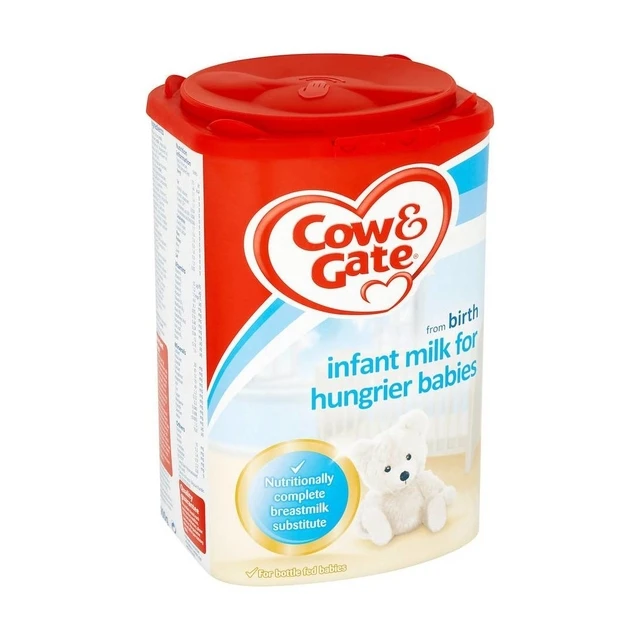
- The rabbit should have a pink skin tone. If she is starting to turn blue, she has not been fed.
- The rabbit should be more or less silent. Rabbits know that noise will attract predators. If the rabbit is crying out, she is hungry and frightened.
If you have established that the rabbits are in danger, you’ll need to think about feeding them. Goat milk alone may be suitable in an emergency. Realistically, you’ll need a baby rabbit milk substitute.
How to Make a Baby Bunny Milk Substitute
If you’re going to tend to a baby rabbit, you need to use a specific Kitten Milk Replacer. If unavailable, you can make up this meal replacement at home. To create your own homemade rabbit milk replacer, follow this recipe:
- Pour one cup of goat milk, and stir in an additional 56 grams of powdered goat milk.
- Stir in a tablespoon of sugar-free heavy whipping cream. This will make the formula richer, and replicate the calories found in rabbit milk.

- Heat the formula until it’s around 98-100 degrees Fahrenheit.
These ingredients will meet the needs of a young rabbit, replacing a mother’s milk like-for-like. However, if in doubt, purchase a pre-mixed milk replacement.
How Often Should Orphaned Baby Rabbits be Fed?
Just as important as the quality of milk is the quantity. This can be a real balancing act. Over-feeding or under-feeding a baby rabbit are both equally dangerous. As a rule, follow these guidelines for feeding a baby rabbit. You might need to guess the age if the rabbit was wild.
| < 1 Week Old | 2 or 2.5 cc/ml per feeding, twice a day |
| 1 – 2 Weeks Old | Between 5 and 7 cc/ml per feeding, twice a day |
| 2 – 3 Weeks Old | Between 7 and 13 cc/ml per feeding, twice a day |
| 3 – 6 Weeks Old | Between 13 and 15 cc/ml per feeding, twice a day |
If you follow these guidelines, the rabbit will flourish.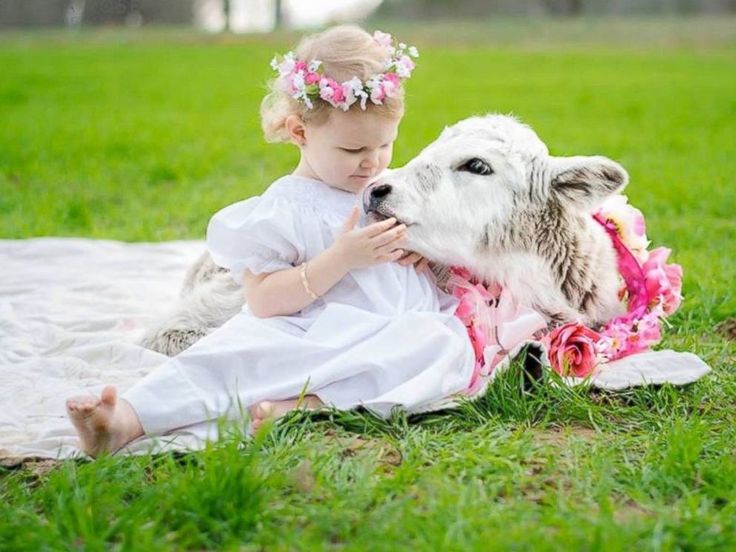 The maximum time required for milk feeding is six weeks. You may find that your rabbit wishes to wean earlier, though. Encourage this if so.
The maximum time required for milk feeding is six weeks. You may find that your rabbit wishes to wean earlier, though. Encourage this if so.
Rabbits start to eat solid food after a week or two. The sooner your rabbit starts consuming hay for fiber, the better. Remember, a rabbit can’t eat too much hay. The same cannot be said about milk formula.
How to Bottle Feed Orphaned Baby Rabbits
Visit a vet or pet store and ask for a specialist animal feeding bottle. This must be entirely sterile before you use it.
- Get the rabbit comfortable, and possibly wrapped in a towel. Do not allow the rabbit to roll onto her back. She should be sitting upright to avoid flooding her lungs with fluid.
- Fill the bottle with formula and soothe the rabbit. Place the nipple of the bottle in the corner of her mouth. Remove it if she starts to chew. It may take a few attempts to get the rabbit used to having a syringe in her mouth.
- Once the rabbit accepts the bottle, SLOWLY release the milk replacement to the quantity described above.
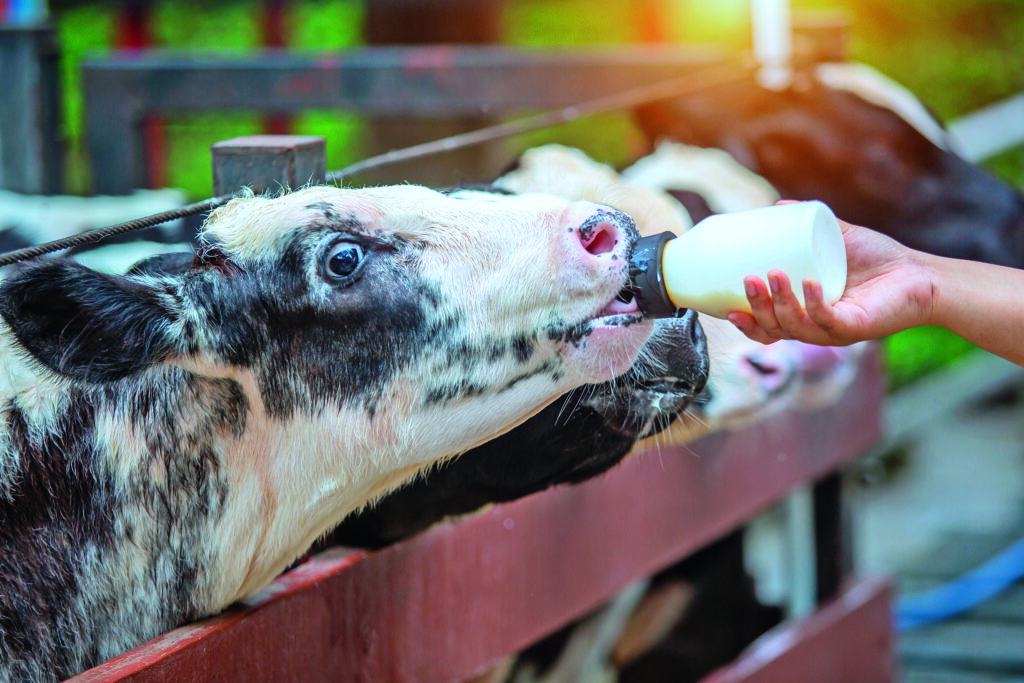 Never release the full amount at once. This leaves the rabbit at risk of choking.
Never release the full amount at once. This leaves the rabbit at risk of choking. - Repeat this twice a day until the rabbit is weaned.
Rabbits should never be fed cow milk under any circumstances. Rabbits cannot digest cow milk and are unlikely to survive long beyond the meal. If you find yourself unexpectedly caring for a baby rabbit, use Kitten Milk Replacer. The rabbit will feel full on solids at eight weeks of age.
Feeding Baby Rabbits - Is Cow Milk Safe?
*This post may have affiliate links, which means I may receive commissions if you choose to purchase through links I provide (at no extra cost to you). As an Amazon Associate I earn from qualifying purchases. Please read my disclaimer for additional details.Like many other mammalian babies, baby rabbits need milk to survive at birth. They can’t survive without milk. But what happens when the mother rabbit is not on hand to feed the baby rabbit? When the mother is absent, baby rabbits can survive on other types of milk but only a few types.
So can baby rabbits drink cow milk? No, it is not advisable to feed baby rabbits with cow milk.
Baby rabbits should not be fed cow milk. Rabbits have delicate stomachs and cannot vomit. Cow milk contains high levels of substances that cannot be digested by rabbits. These substances can become toxic in the stomach of the rabbits and since rabbits cannot vomit, they become sick or die.
Due to the sensitivity of their stomachs, you have to be very careful while feeding baby rabbits. There are some things you should know before you start feeding them. These things are discussed thoroughly in the rest of this article.
Table of Contents
What Types of Milk Is Best for Baby Rabbits
By now you know not to feed your baby rabbit with cow milk. The presence of hormones, lactose, drugs, and pus in cow milk spells danger for baby rabbits. But if they cannot drink cow milk, what type of milk can they drink?
The best milk for baby rabbits is the special formula called Kitten Milk Replacer (KMR).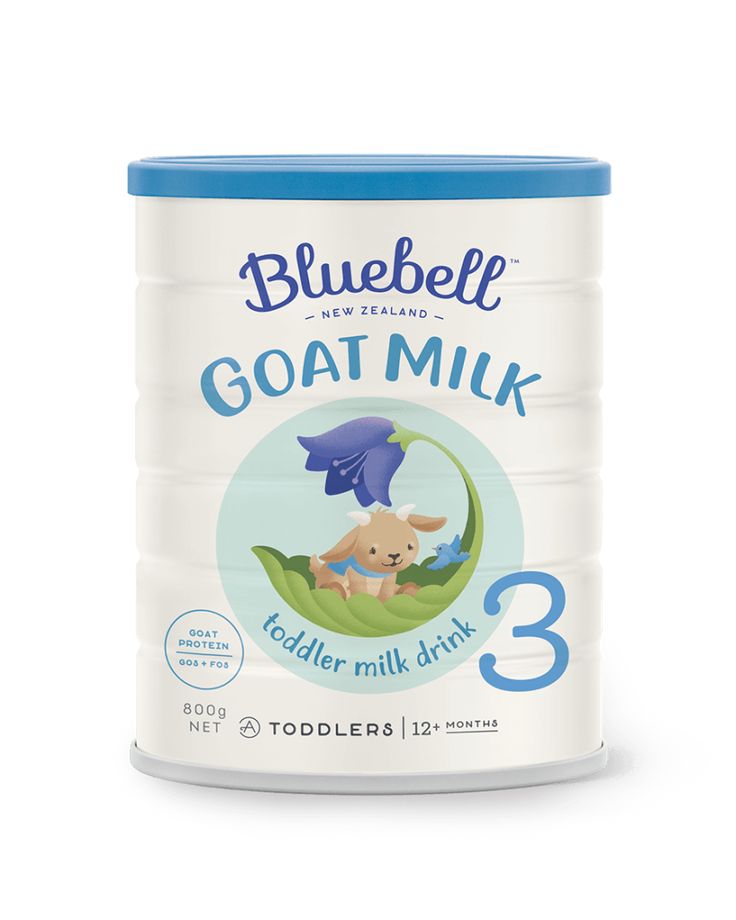 KMR contains whey protein, probiotics, vitamins, prebiotics, fat, and carbohydrates.
KMR contains whey protein, probiotics, vitamins, prebiotics, fat, and carbohydrates.
These ingredients are present in similar quantities like natural rabbit milk. KMR basically mimics the milk from mother rabbits.
View this post on Instagram
A post shared by Nyein Chan Lu (@nyein_chan_lu) on
KMR usually comes in powder form. You dissolve this powder in warm water and stir until it becomes like milk.
Unlike cow milk, KMR can easily be digested by baby rabbits.
Apart from KMR, another type of milk that you can feed your baby rabbit is goat milk. But you must be cautious with goat milk. There are many goat species and the content of their milk may vary significantly. Many experts recommend milk from Meyenburg goats over other types of goat milk.
Many experts recommend milk from Meyenburg goats over other types of goat milk.
Wild rabbits would tolerate goat milk more than domestic rabbits. So, if you have domestic rabbits, KMR is the best for them.
Goat milk contains less lactose, protein, and fat than cow milk. Also, goats are not treated with hormones in the same way cows are. These are the reasons goat milk is easier to digest for rabbits and why it is more tolerable.
Feeding a Baby Rabbit
Baby rabbits cannot be fed arbitrarily because of their sensitive stomach. The volume of feed to give them and the frequency of feeding are limited. Rabbits require infrequent feeding with small volumes of feed.
If you try to feed a baby rabbit more times than you should or with more volume of milk than you should, the rabbit may die.
At birth, feeding them 2 – 2.5 ml twice daily is recommended but this should be increased every week until feeding stops. Baby rabbits should never be fed more than twice a day.
Baby rabbits should never be fed more than twice a day.
View this post on Instagram
A post shared by Ivana MS (@ivana.ms) on
Apart from feeding volume and frequency, you must pay attention to the feeding posture. Baby rabbits should be fed while they are in an upright position. Feeding them in other positions may lead to choking and that can be fatal.
You should get a syringe, a special feeding bottle for rabbits, or a dropper to feed them. Ensure that these items are sterilized/disinfected before you use them. With any of these feeding apparatus, you can feed the rabbit slowly. Rushing the feeding process can cause the rabbit to choke.
Recommended Feeding Volume
At different ages, these are the volume of milk recommended per feeding for baby rabbits:
| Age | Volume of Milk for Each Feeding |
| 0 – 7 days | 2 – 2.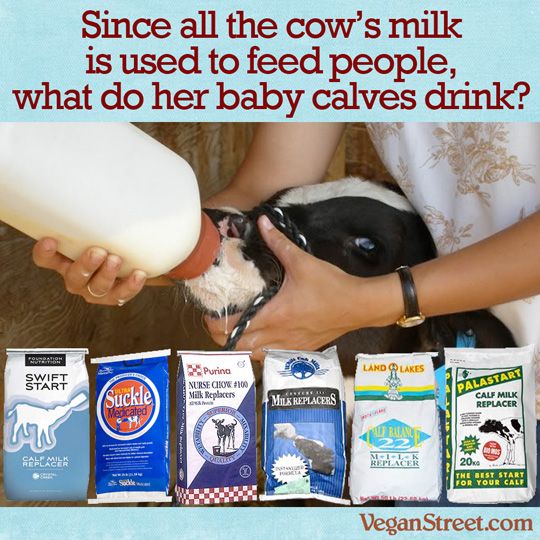 5 ml 5 ml |
| 1 – 2 weeks | 5 – 7 ml |
| 2 – 3 weeks | 7 – 13 ml |
| 3 – 6 weeks | 13 – 15 ml |
How to Know If the Baby Is Still Young Enough to Be Drinking Milk
For about 3 weeks, baby rabbits consume only milk. But between week 3 and week 5, most baby rabbits would have started eating some solid vegetables alongside their milk. Milk is essential at this point because it eases the transition.
Solid food will introduce new microorganisms into the stomach of the bunnies. Knowing how sensitive their stomachs are, these microorganisms can be harmful to them. But with milk, there would be no harm because the nutrients help the bunnies adjust to the emerging flora.
Some bunnies stop yearning for milk between 6 – 8 weeks. But for those who still thirst for milk by the 8th week, you may start to wean them. You can do this by diluting the milk with clean water bit by bit until they no longer thirst for milk.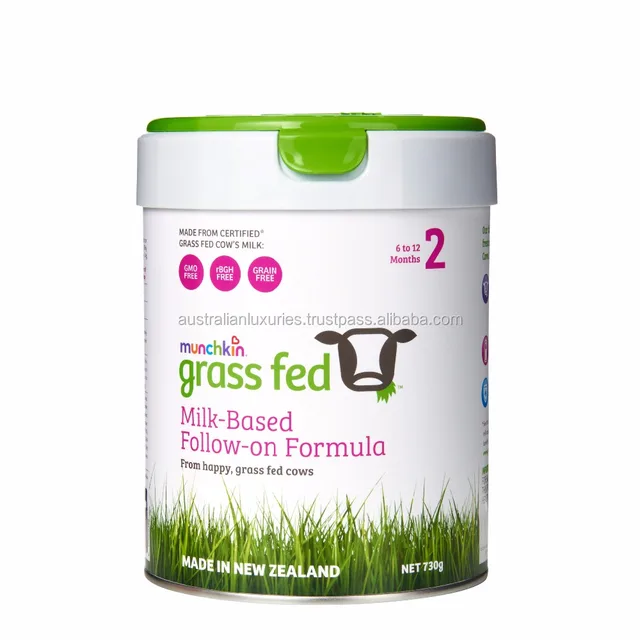
What You Should Do If You Find Baby Rabbits Without Their Mother
If you ever come across a nest of baby rabbits without a mother, your first instinct should not be to pick them up or take them home. In many cases, the little bunnies are not orphaned. Their mothers leave them in the nest as a way to protect them.
Mother rabbits build their nests in places they consider to be safe. They feed their babies once or twice daily. Then they leave the babies in the nest for as long as 23 hours. They do this knowing the babies can survive on the high-calorie content of their milk.
The mothers can outrun predators with ease. But the babies would be helpless. By staying away from the babies for the most part of the day, the babies have a higher chance of survival.
So, when you see baby rabbits alone in a baby nest leave them until you are sure that they are truly orphaned.
If you see the following signs, then the baby rabbits are most likely orphaned:
- Wrinkled and cold skin
- Blue-tinted skin
- Shrunken stomach
If you see these signs, you should contact a wildlife center.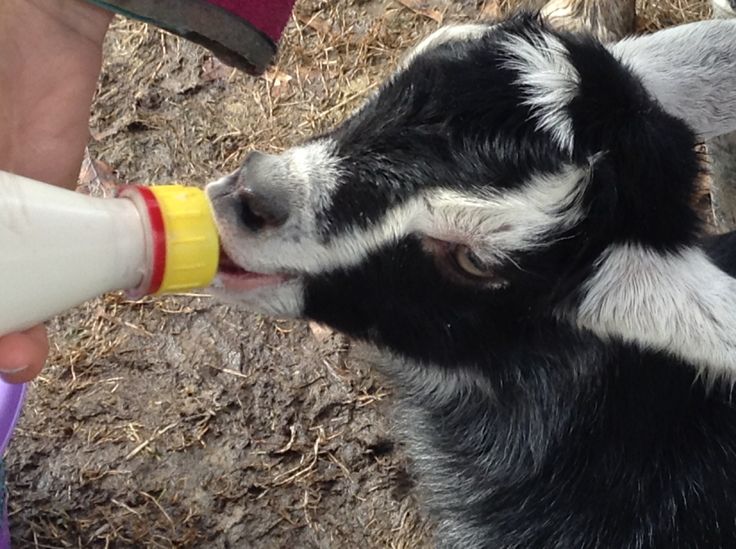 But if these signs are absent, you may check back after a day to be sure that they are not orphaned.
But if these signs are absent, you may check back after a day to be sure that they are not orphaned.
Cow milk is toxic to baby rabbits and should not be given to them under any circumstance. If the mother rabbit is unavailable to feed the babies, Kitten Milk Replacer (KMR) and goat milk are the best alternatives. These types of milk are non-toxic and they contain nutrients that can be digested by baby rabbits.
Resources
The following sources were used in this article:
- https://www.rabbitcaretips.com/can-baby-rabbits-drink-cow-milk/
- https://www.petsial.com/can-baby-rabbits-drink-cows-milk/
- https://animals.mom.me/kind-milk-give-newborn-bunnies-10208.html
- http://www.bio.miami.edu/hare/orphan.html
Is it possible to give milk to rabbits, will it harm pets
- Are you here:
- Own farm
- Farmer questions
- rabbits
We had a lot of baby rabbits, but some young females refused to feed their babies. We are afraid that the kids will not be hungry. What kind of milk can replace rabbit milk? And tell me, is it possible to give milk to rabbits (I mean adult pets), in what cases is it allowed to be given?
Milk belongs to the so-called feed of animal origin. It contains a lot of nutrients, vitamins and trace elements necessary for the full development of living organisms. Rabbits feed their cubs with milk, too, but with their own, and it is very different in composition from cow's milk used by humans.
When it comes to feeding babies, then whole cow's milk should not be given to them. The rabbit will not eat enough of them, and besides, it can get an upset stomach. You can feed rabbits with bitch milk, which is sold in pet stores in dry form and is used to feed puppies.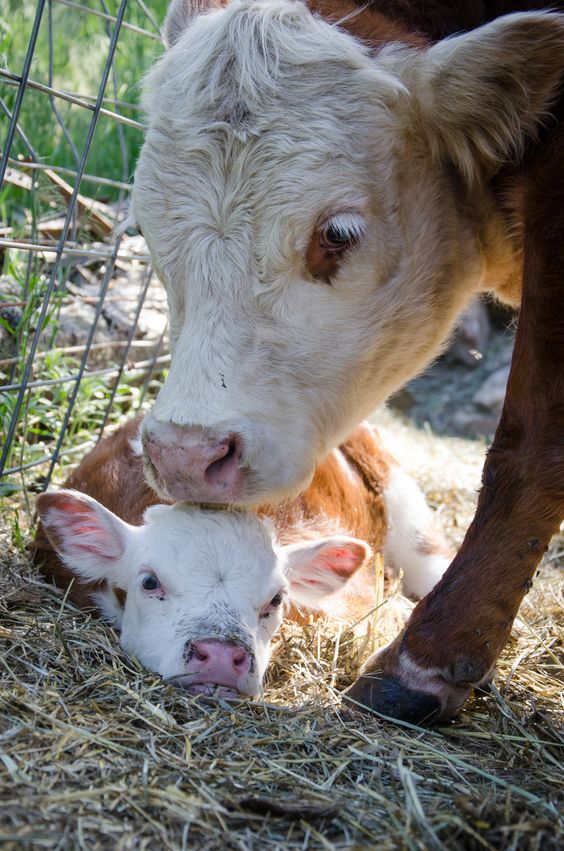 According to its composition, it will be the best option for young animals. Goat will also work. Any milk feed for rabbits is given only in a heated form, the temperature should be no more than 37 degrees.
According to its composition, it will be the best option for young animals. Goat will also work. Any milk feed for rabbits is given only in a heated form, the temperature should be no more than 37 degrees.
Do not give cow's milk to decorative rabbits. It weakens the stomach, which in animals is already very sensitive to various foods. Feeding rabbits with such food will not lead to anything good. Sometimes such food can even cause eared death.
But cow's milk can also have a positive effect on the body of adult rabbits. It is used if the animal has been poisoned by something, especially if it is not possible to determine which poison caused the illness. In this case, it is this protein product (preferably a fresh steam room) that becomes a good antidote. Rabbits are given 4-5 dessert spoons of it orally for 3-4 days, 3-4 times a day. It helps to weaken the action of the toxic substance and softens the inflammation of the gastric mucosa.
Sometimes such food is given to weakened, emaciated pets.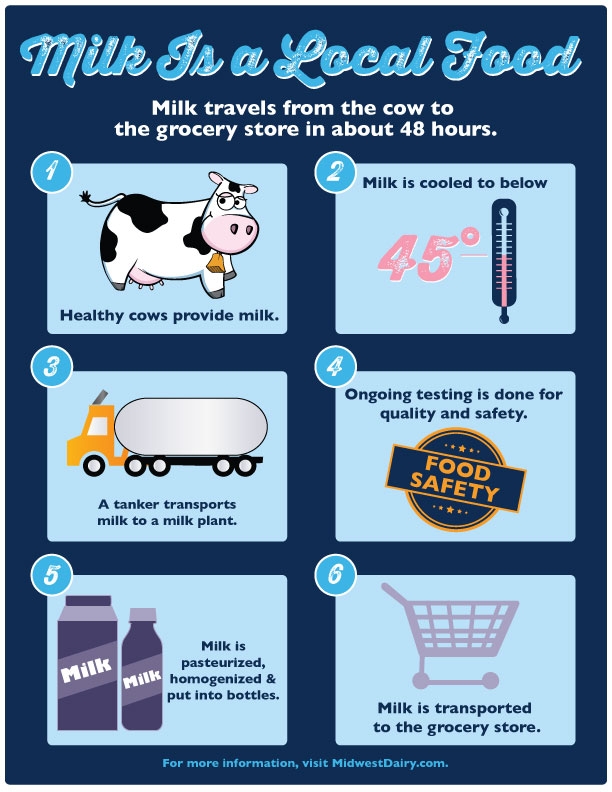 In this case, the dosage should not exceed 50 g per adult.
In this case, the dosage should not exceed 50 g per adult.
This product should not be given to lactating rabbits to stimulate lactation. It is especially important to observe this rule in the first 17-25 days after birth. An exception is an acidic or fresh product, as well as whey. Whole food leads to obesity.
Milk is used in small quantities for the preparation of mashes made on the basis of mealy mixtures, where, in addition to this product, about 60% cereals, 10% meat and bone or fish meal, up to 20% legumes, a little minced meat from meat or fish waste are added , 10% of a mixture made from salt, cake or meal, chalk.
Mixers with the addition of this product can also be made on the basis of pumpkin or potato puree. Potatoes are boiled, mashed to a puree state, grain grinding, compound feed, chopped beet greens, carrots, fish entrails and scales, the remains of meat products, as well as a little milk are added to it.
What else to read
How much hay does a rabbit need for the winter and how to prepare it correctly
Is it possible to give ambrosia to rabbits, will it harm pets
Can mustard be given to rabbits? Is it good for animals?
Is it possible to give rabbits cane and cattail broadleaf
Latest comments
birth date calculator
Is it possible to give milk to rabbits, including decorative ones? It would seem that these animals belong to mammals and are fed by their mother. However, this product is not always useful for eared animals. There are not just a number of restrictions in its use, but there is also a dependence on who owns it. The thoughtless introduction of liquid food into the diet can have negative consequences and lead to the death of a pet.
Content
- Dangerous for the health of the rabbit product
- Replace cow milk by goat or bitch
- Features of adult feeding
- Feeding of sucrone and sprinkled females
Dangerous for the health of rabbits
Rabbits are practically unanimous, which are possible feed fresh and dried herbs, raw and boiled vegetables, fruits, grains, as well as young shoots of trees and shrubs.
Rabbit breeders have noticed that at home, animals drink cow's milk very well, and also eat dry food for cats and dogs with pleasure. However, nutrition is the biggest problem. They can't control their appetite and will gobble up any food you give them.
Overeating and poor nutrition can lead to obesity and reproductive failure. And excessive feeding of rabbits with cow's milk causes gastrointestinal disorders, causing constipation and bloating.
Next, we will tell you whether milk can be given to rabbits, and how it should be replaced in case of insufficient lactation in a lactating rabbit.
Replace cow's milk with goat's or female's milk
After the birth of offspring, the female produces milk saturated with fats and fatty acids. It is 4 times fatter than cow's and allows the rabbit to develop rapidly, strengthening its immunity.
If the female rabbit refuses to feed her offspring, then without feeding the cubs are guaranteed to die.
It is not advisable to feed abandoned babies with cow's milk because of its low nutritional value, and for a decorative animal it is simply dangerous, as it can lead to death.
It is best to buy dry bitch milk at the pet store. It is usually used for raising puppies and is excellent for raising rabbits. Sometimes babies are given goat's milk, which in its composition is as close as possible to rabbit's.
Any milk given to rabbits must first be boiled to kill bacteria that can cause intestinal upset. You can feed the animals only after cooling it to 37 degrees Celsius.
Eared beetles are fed in small portions, but often. In this case, you need to ensure that they do not have bloating tummies. Read more in the article "What do little rabbits feed.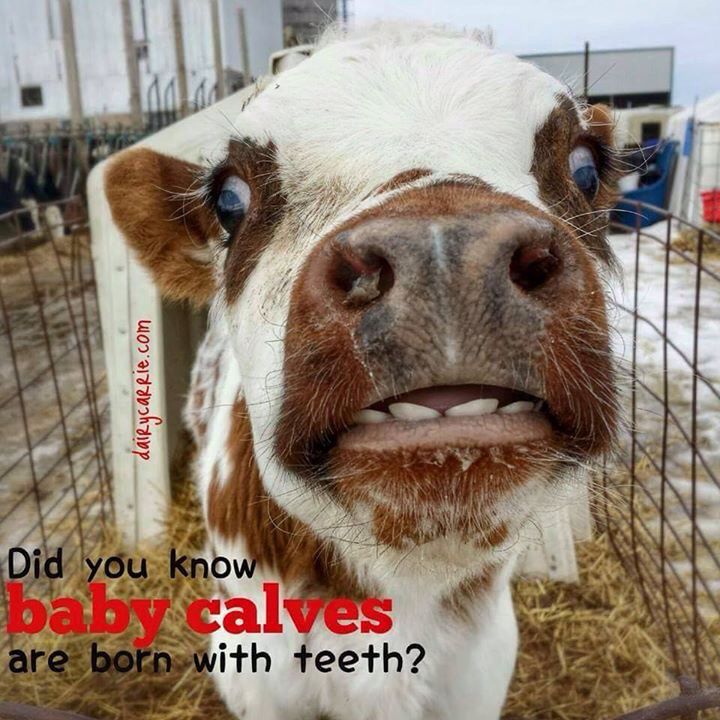 "
"
Features of feeding adult animals
After the animals reach the age of two months in the natural environment, the rabbit does not need a mother's breast, and he feeds exclusively on plant food. Feeding this product to pets at home is also not recommended, but there are a few exceptions:
- in the treatment of poisoning, the cause of which is unknown;
- for nursing malnourished rabbits;
- to strengthen the body of the female mother.
To eliminate such problems, it is better to use less fat cow's milk. Poisoned animals are poured into the mouth 4-5 dessert spoons of the product 3-4 times a day for 3-4 days. The substances contained in it soften the gastric mucosa and partially neutralize the effect of the poisonous substance.
When caring for a rabbit exhausted by a disease, it is necessary to give him no more than 50 g of fresh cow's milk per day as bait.
Feeding pregnant and brooding females
Beginning rabbit breeders give milk to females who have given birth, thus stimulating their lactation.